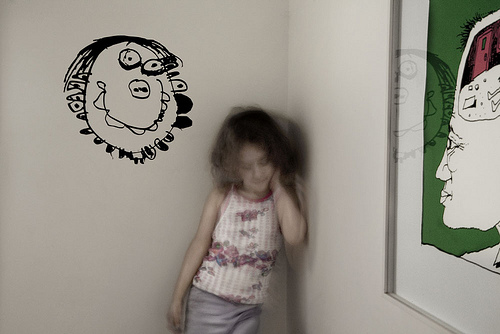
The American Academy of Pediatrics held a day long symposium on Child Health, Resilience & Toxic Stress in Washington, DC last week. According to the AAP, science shows that adversity experienced in childhood has long-lasting physical and emotional effects. James Perrin, M.D., president of the AAP, says “this toxic stress will only continue to grow if the nation’s leaders do not intervene now to reduce children’s exposure and the cascade of chronic health problems it causes.”
Participants in the sessions included federal government officials, national thought leaders and health professionals.
Toxic stress can occur when a child experiences chronic, unmitigated adversity without access to stable, supportive relationships with caring adults, according to the AAP. These adverse childhood experiences can include physical and emotional abuse, neglect, exposure to violence, food insecurity and economic hardship, among others. A 2011 AAP policy statement found that toxic stress can affect a child’s brain development and lead to the presence of many adult diseases, including heart disease, cancer, chronic lung disease and liver disease.
During the symposium, the AAP announced the formation of the Center on Healthy, Resilient Children which will launch next year. Dr. Perrin says the new center will be “a national effort coordinated by the AAP and strategic partners to support healthy brain development and prevent toxic stress.” In addition to prevention efforts to keep children healthy, the Center will focus on ways to help pediatricians and others identify children who have experienced adversity and toxic stress and ensure they have access to appropriate interventions and supports.
“Pediatricians envision a world in which every child has every opportunity to become a healthy, successful adult,” Dr. Perrin said. “Achieving this will require strong, sustained investments in the health of the whole child, brain and body. It will require building upon our existing work and forging new partnerships across sectors and fields of expertise. Most importantly, it will require the renewed commitment of all of us who are champions for children to come together…”





